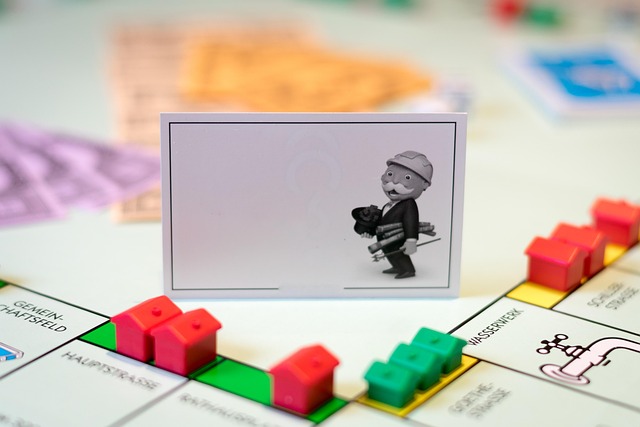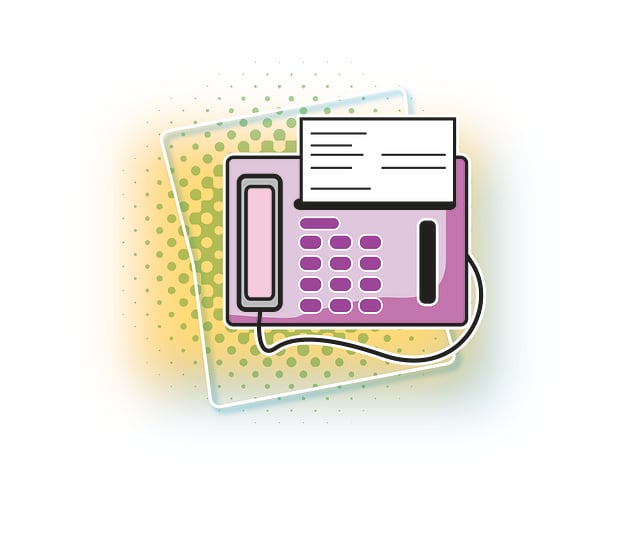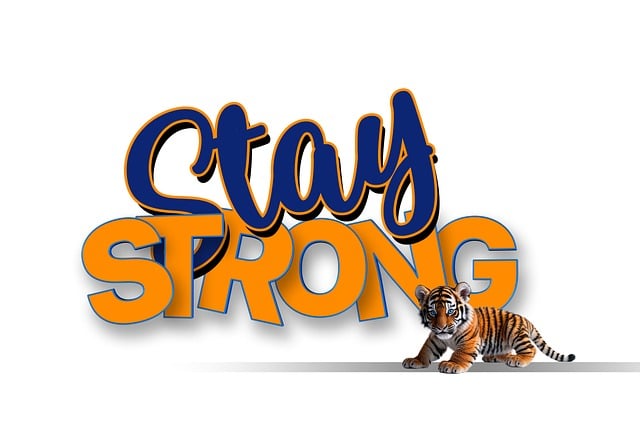Addiction support groups tailored for young adults are vital early intervention strategies for co-occurring disorders, combining peer-led recovery, community building, and open dialogue. These groups, integrated with holistic treatment approaches including mindfulness practices, evidence-based medications, and wellness programs, effectively address complex mental health issues and addiction roots. By fostering camaraderie and accountability, these support systems empower young adults to manage cravings, reduce stress, and make healthier choices, paving the way for long-term recovery.
Co-occurring disorders, where mental health issues and addiction coexist, are a significant challenge among young adults. This article delves into the crucial aspect of addressing these dual diagnoses effectively. We explore the intricate relationship between underlying conditions and addictive behaviors, highlighting the importance of tailored treatment plans. From understanding the prevalence among youth to uncovering the transformative power of support groups, and offering long-term recovery strategies, this guide illuminates pathways to healing. Discover how addiction support groups for young adults play a pivotal role in their journey towards lasting sobriety.
- Understanding Co-Occurring Disorders in Young Adults
- The Role of Addiction Support Groups in Treatment
- Strategies for Effective Long-Term Recovery
Understanding Co-Occurring Disorders in Young Adults

Co-occurring disorders among young adults are a growing concern in modern healthcare. This term refers to the simultaneous existence of two or more mental health conditions, with one often being addiction. Many young adults struggle with substance abuse as a way to cope with underlying issues such as depression, anxiety, bipolar disorder, or trauma. Recognizing and understanding these co-occurring disorders is crucial for effective treatment and long-term recovery.
Support groups tailored for young adults play a vital role in the initial stages of addiction support. These groups foster a sense of community, encouraging open discussions about personal struggles. By sharing experiences, peers can offer valuable insights and build resilience. Additionally, personalized mindfulness plans, combined with evidence-based medications for withdrawal management, have proven effective in treating co-occurring disorders. This holistic approach ensures that both the mental health condition and addiction are adequately addressed, paving the way for a successful recovery journey.
The Role of Addiction Support Groups in Treatment

Addiction support groups play a pivotal role in the holistic treatment of co-occurring disorders among young adults. These peer-led gatherings provide a safe, non-judgmental space where individuals struggling with addiction can find solace and understanding. By sharing experiences, strategies for coping, and insights gained from their journeys, members build camaraderie and strengthen their resolve to overcome addiction. The sense of community fostered within these groups encourages accountability, making it easier for young adults to adhere to treatment plans and maintain long-term recovery.
Incorporating evidence-based medications for withdrawal management alongside group therapy sessions enhances the effectiveness of treatment. Yoga and meditation classes for stress reduction, coupled with mindfulness techniques for managing cravings, offer complementary tools that empower individuals to navigate challenges associated with addiction. These practices promote self-awareness, emotional regulation, and mental clarity, enabling young adults to make healthier choices and build resilience against future relapses.
Strategies for Effective Long-Term Recovery

Co-occurring disorder treatment plans often include a blend of therapies tailored to address both mental health conditions and addiction simultaneously. This comprehensive approach is crucial for long-term recovery, as it tackles the root causes behind addictive behaviors. One effective strategy involves participation in addiction support groups designed specifically for young adults, providing peer connections and a sense of community, which can be powerful motivators for staying on track.
In addition to social support, integrating holistic wellness programs that prioritize nutrition, exercise, and stress management into treatment routines offers a well-rounded approach. These programs empower individuals with tools to take charge of their overall well-being. Engaging in activities like yoga and meditation classes can also teach valuable coping mechanisms for stress reduction, serving as complementary practices alongside traditional therapy sessions.
Co-occurring disorder treatment, which tackles both mental health conditions and addiction simultaneously, is pivotal for young adults. By addressing the underlying causes, this approach offers a holistic path to recovery. Addiction support groups play a significant role in this process, providing peer-to-peer encouragement and understanding. Combined with effective long-term strategies, these resources empower young adults to break free from the cycle of addiction, fostering lasting mental well-being. For those seeking help, accessing addiction support groups for young adults can be a game-changer on their journey to a healthier future.






